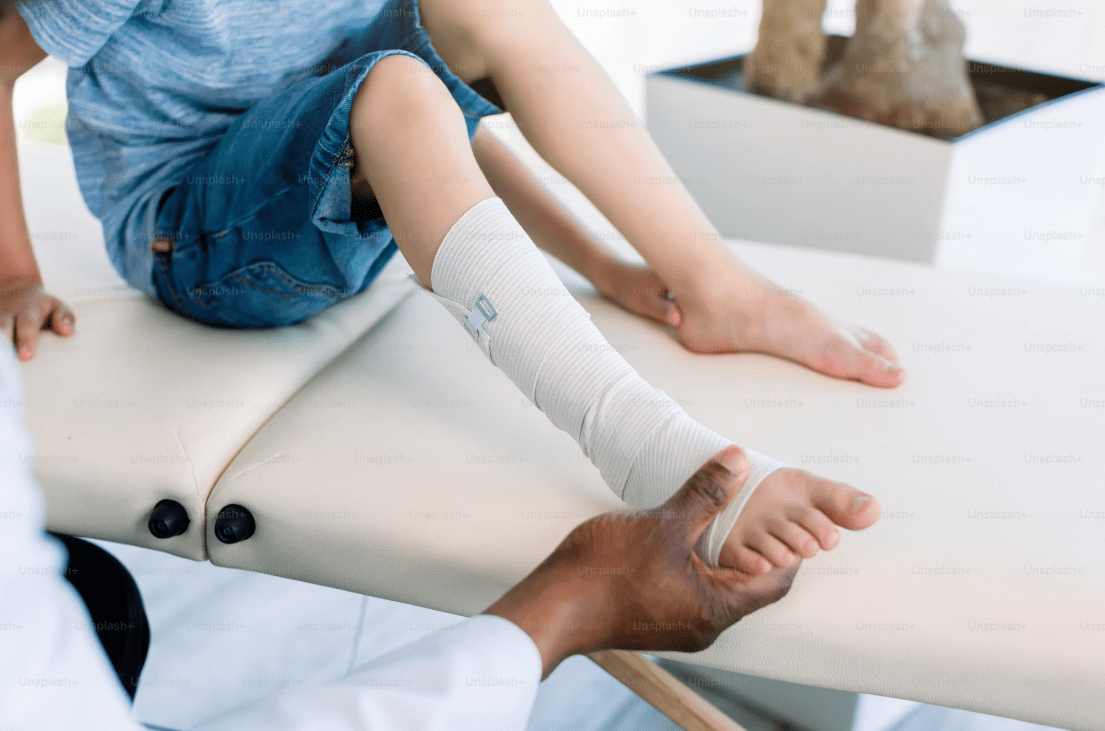Adjusting to life after a traumatic injury is a monumental task, both physically and emotionally. Whether it’s recovering from a car accident, a sports-related mishap, or an unforeseen medical condition, the journey ahead can feel overwhelming. In this guide, we’ll delve into strategies to cope and thrive after experiencing a traumatic injury.
Navigating the Physical Challenges of Rehabilitation
The path to physical recovery post-trauma is often fraught with obstacles. Depending on the severity of the injury, individuals may face surgeries, extensive physiotherapy sessions, or the need to adapt to permanent physical changes. Coping with disabilities or disfigurement can profoundly impact self-esteem and body image.
During the recovery phase, it’s crucial to stay mentally engaged and occupied. Exploring activities like sweepstakes games can provide a welcome distraction from pain and monotony. Unlike traditional video games, sweepstakes games are accessible on various devices with an internet connection, offering a diverse range of options to suit individual preferences.
Additionally, incorporating creative therapies such as art, music, or dance can aid emotional well-being while facilitating physical recuperation. Engaging in adapted physical activities or sports can also contribute positively to recovery. It’s essential to acknowledge that healing takes time and patience; celebrating small victories along the way is vital for maintaining motivation.
Addressing the Emotional Impact of Traumatic Injuries
While the physical ramifications of traumatic injuries are evident, the emotional toll is often overlooked. Survivors may grapple with a myriad of emotions, including shock, fear, helplessness, and guilt. These feelings can exacerbate mental health issues such as depression, anxiety, post-traumatic stress disorder (PTSD), and suicidal ideation.
Seeking professional assistance is paramount in managing these psychological complexities. Counseling or psychotherapy can provide invaluable support during the emotional healing process. Additionally, practices like meditation or yoga can foster mental well-being. Building a strong support network comprising friends, family, or support groups can offer much-needed solace and understanding.
Legal aid from personal injury attorneys may also be beneficial in navigating the legal aftermath of a traumatic injury, ensuring survivors receive rightful compensation to alleviate financial burdens.
Harnessing Perspective in Trauma Recovery
Perspective plays a pivotal role in the journey towards recovery. While mourning the loss of one’s pre-injury life is natural, adopting a different outlook can be transformative. Reflecting on the lessons learned and personal growth attained can foster resilience and a renewed zest for life.
Every individual’s recovery journey is unique, and it’s essential to explore various coping mechanisms until finding what resonates best. Embracing this journey as part of personal growth can instill strength and resilience, paving the way for a brighter future.
Adjusting to life after a traumatic injury is undeniably challenging, but it is not insurmountable. With perseverance, support, and a positive mindset, individuals can navigate this journey and emerge stronger than before. Remember, progress may be gradual, but each step forward is a testament to your resilience and determination.


